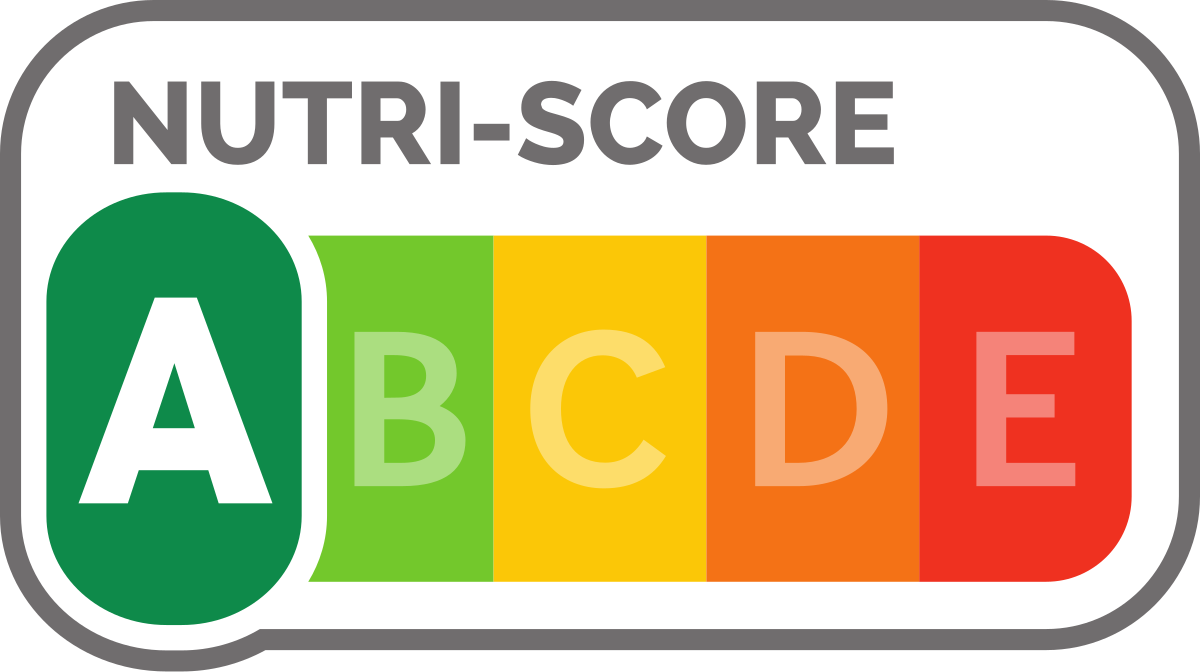
By the Exporters Association of Crete
with the scientific support of Scientific Society of Olive Encyclopaedists (4E)
Brief history
- Through Regulation (EU) No 1169/2011, the European Commission asks for the development of front-of-label nutritional labeling systems (FOPL) on food packaging, to achieve “a high level of protection of consumers’ health and interests by providing a basis for final consumers to make informed choices and to make safe use of food, with particular regard to health, economic, environmental, social and ethical considerations”.
- Among the FOPL systems presented to date, NUTRI-SCORE, a system for evaluating and categorizing foods that depict their nutritional value on a five-category scale, appears to be the most prevalent within EU countries. It was developed in France and in October 2017, its implementation began in the European market. The application of FOPL system is still optional, however, the use of Nutri-Score has already been approved by seven European countries and has been adopted by large European retail chains and some food manufacturing companies. Even though Greece hasn’t taken any decision on that yet, Greek foods are exported today bearing the NUTRI-SCORE classification, following the request from specific markets.
- NUTRI-SCORE uses an evaluation algorithm and a classification visual that consists of five color and corresponding grammatical gradations, (A, B, C, D, E) in which category “A” (green) ranks foods with the highest nutritional value, while on the contrary in category “E” (red) those with the lowest, according to the system evaluation per 100 grams or ml.
- Due to its simplified system and the lack of evaluation for the total quality profile and valuable ingredients of natural foods, Nutri-Score clearly misevaluate Greek, and Mediterranean, food products of high importance, deviating from the objectives of the F2F policy which asks for clear, reliable and useful information on the labels.
- Among those misevaluated foods is the extra virgin (and virgin) olive oil, which initially was classified in the “orange D” category, later upgraded to “yellow C” and from JAN 2024, after a new system upgrade, was classified in “B” category, as an effort to increase the reliability of the system and to smooth out reactions that have been developed.
- Unfortunately, despite the latest revision, extra virgin (EVOO) and virgin olive oil (VOOE), as totally natural, single-ingredient and of unparallel nutritional value lipids and foods, are not at the level they well deserve, which is the higher category, meaning “A” for Nutri-Score. Other single-ingredient and natural foods such as honey etc. have a similarly unfavorable position (“C” or “D”).
- In fact, the new version of NUTRI-SCORE still does not communicate the rich complexity of beneficial ingredients and the nutritional superiority of extra virgin and virgin olive oil, as proven by multiple scientific studies and research. In addition, in the same category “B”, virgin olive oils coexist with other oils that are processed and with a clearly inferior nutritional profile (pomace oil, simple olive oil [refined], canola oil, sunflower oil, etc.) but even with canned food containing sunflower oil, fried potatoes, etc.! The simplified evaluation and classification method of Nutri-Score does not reflect the superiority of Virgin Olive Oils, in composition, environmental impact, proven health benefits, monounsaturated fat, bio-phenols and other biological active microconstituents content.
 Food of different health values bearing the same “B” category in the Nutri-Score system
Food of different health values bearing the same “B” category in the Nutri-Score system
- Misevaluation and downgrading the Virgin Olive Oils (EVOO and VOO) is unacceptable for any FOPL system, especially for the Nutri-Score, which selectively evaluates partially their ingredients and calculates their calories based on 100ml or grams, an amount that by far exceeds the daily recommended consumption of olive oil. In fact, the maximum daily intake of olive oil per person within the EU countries is only 30 grams today, as can be seen in the IOC published data.
It is also important to mention, that although NUTRI-SCORE is already adopted in some EU countries, there are strong reactions from countries like Italy and Romania that have banned its use, while some others have expressed concerns about its reliability, such as Cyprus, the Czech Republic, Hungary, Latvia and Greece. Recently, the newly elected government of Portugal has “frozen” the decision of the previous one that had approved the use of Nutri-Score, considering that the decision was mistaken and without the necessary internal consultation.
We believe that FOPL issue is very serious not only for the future of natural foods but also for the proper knowledge of the consumer towards a healthy and balanced diet.
Proposals
At the Exporters Association of Crete, having the full support of the relevant bodies, chambers of commerce and authorities of the island, we are asking for the following:
- The classification in category “A” for the extra virgin (EVOO) and virgin olive oils (VO) as completely natural, single-ingredient foods with unparallel health benefits. The same “A” category for extra virgin and extra virgin olive oil is supported by the International Olive Council as well as by international scientific conferences, such as the one of YALE Olive Oil Symposium/Rome 2022 for multiple documented reasons as described below:
- High nutritional and social value, as proven by numerous published research and studies.
- Health claims from EFSA, and the FDA, which clearly separate extra virgin and virgin olive oil from other oils and fats.
- Extra virgin olive oil, as a single-ingredient and completely natural product, not only has a very specific and unique composition but, in addition, according to European regulations (EU 29/2012, EU 2022/2104), it is produced exclusively by mechanical methods and by definition, any alteration of its composition is not allowed.
- The clear separation of EVOO and VOO from other processed oils and foods, should be displayed in a lower category.
- To incorporate with the FOPL’s classification and visuals, the degree of food processing (according to the NOVA system or anything similar), and their environmental footprint.
It is obvious that any degradation of the natural and single-ingredient “pillar” food of the Greek/Mediterranean diet that are the most affected, like EVOO, VOO, honey etc, will undermine the consumer’s awareness, the consumer’s perspective on a healthy and balanced diet, and their commercial future, especially in markets where the relevant knowledge is low.
For the Exporters Association of Crete
The President, Alkiviadis Kalambokis The Vice-President, Emmanouil Karpadakis
For the Scientific Society of Olive Encyclopaedists (4Ε)
The President, Vassilis Zampounis
With the scientific support of Professor Antonia Trichopoulou, Member of Academy of Athens and Professor Constantinos A. Demopoulos
~~~~~~~~~~~
Since 1994, the Exporters Association of Crete (SEK) has supported and promoted the island’s export activities, cooperates with relevant bodies in Greece and abroad, and organizes events, conferences, and other promotional actions, while also taking initiatives on matters concerning our exported products.
Since 2020, realizing the high importance of the Front Label Labeling Systems (FOPL) and the effects they could have on the commercial course of our traditional products, we have developed relevant information material, which has been sent to competent bodies inside and outside Greece. In 2021 we submitted our proposals to the open consultation of the European Commission, while in 2022 we presented the issue at the YALE olive oil Symposium /Rome.
~~~~~~~~~~~~
The Scientific Society of Olive Encyclopaedists (4E) was founded in 2018 and consists of 70 scientists of various disciplines with a focus on agriculture, food chemistry, nutrition, medicine etc.
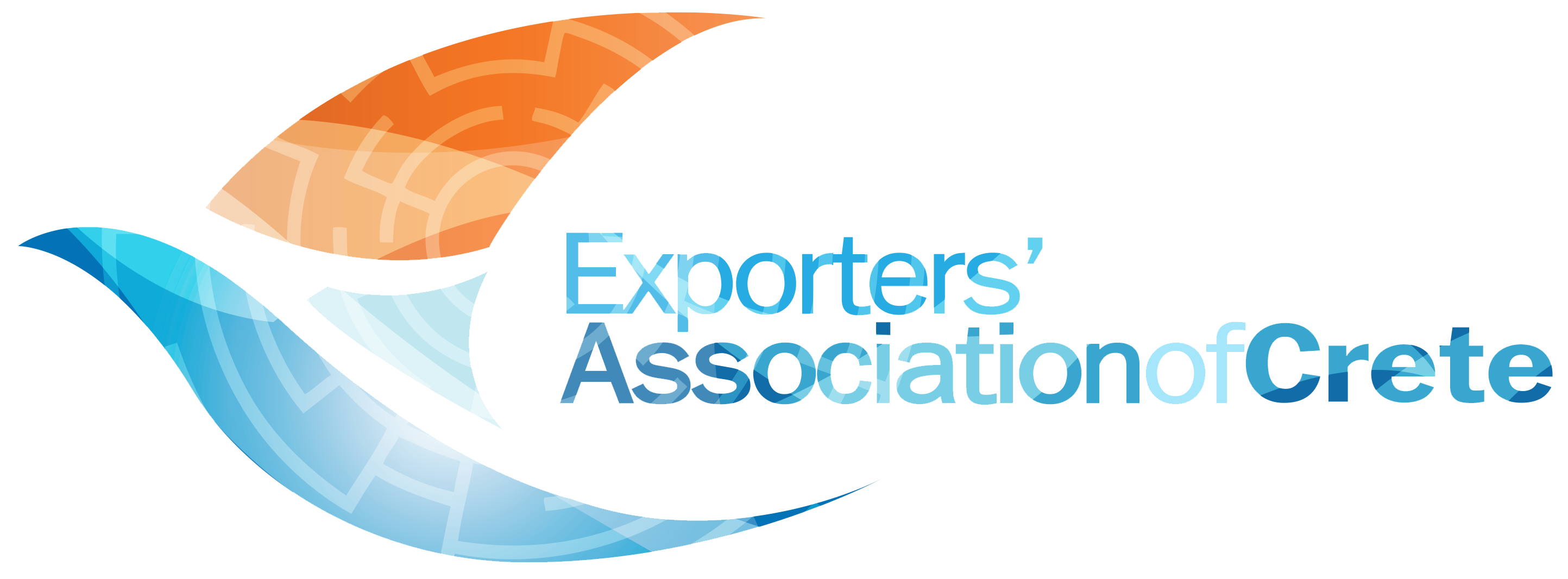
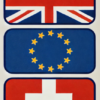
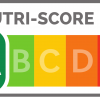
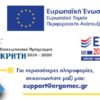
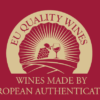

 Ελληνικά
Ελληνικά